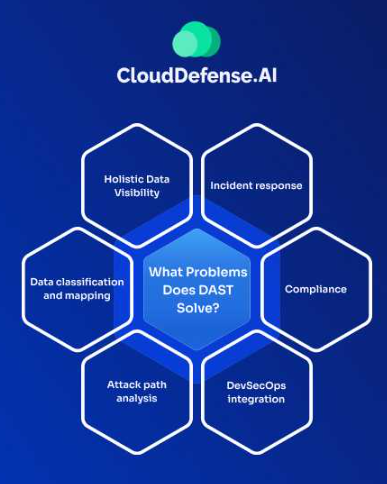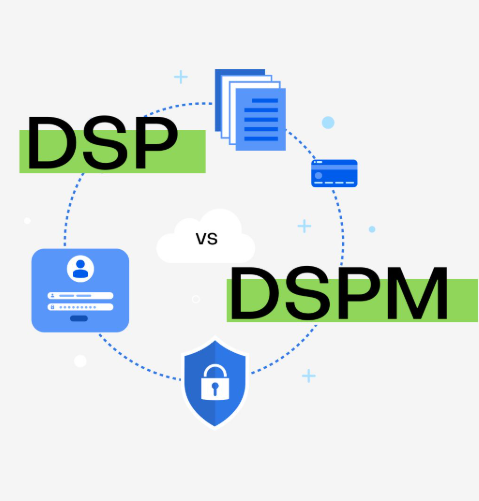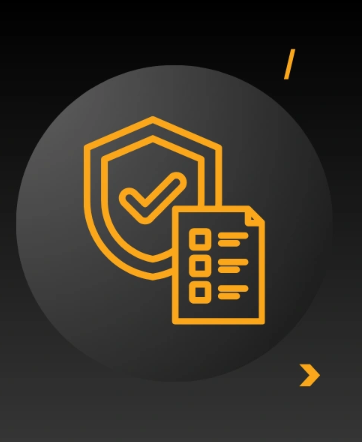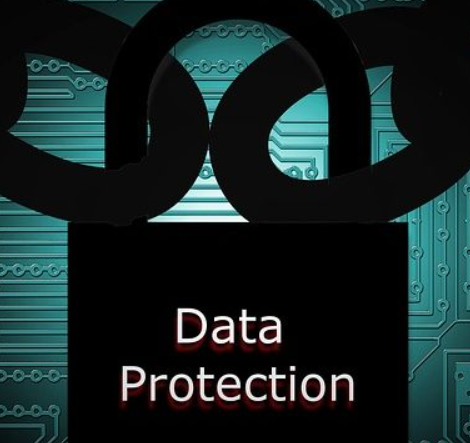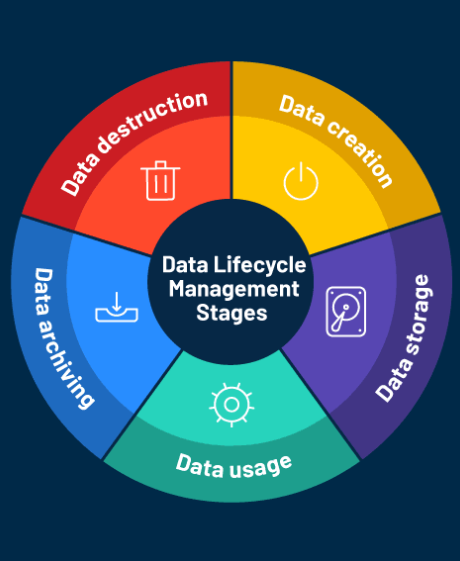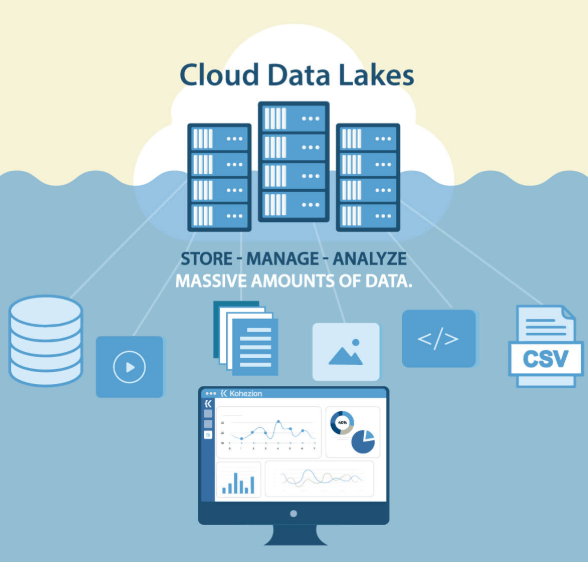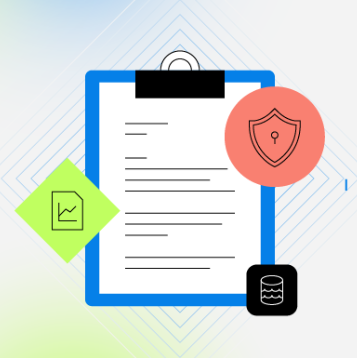
As organizations increasingly rely on digital systems to store and manage vast amounts of data, the complexity of handling this data effectively also grows. From ensuring compliance with data protection regulations to safeguarding sensitive information, businesses must find a way to manage the entire data lifecycle efficiently. Data Lifecycle Management (DLM) provides a strategic framework for managing data from creation to secure deletion, optimizing storage, enhancing security, and ensuring compliance.
What Is Data Lifecycle Management (DLM)?
DLM is the practice of overseeing data through its entire lifecycle—from its creation, use, and storage to eventual archiving and deletion. This process ensures that only necessary data is kept, reducing excess data and minimizing the risks associated with improper data handling.
Why DLM Is Crucial for Every Industry
Regardless of the industry, whether it’s healthcare, finance, legal services, or manufacturing, DLM plays a critical role in ensuring data is properly handled. It reduces risks associated with redundant, outdated, and trivial (ROT) data, supports compliance, and optimizes operational workflows. As organizations scale and face increasing data volumes, manual data management becomes impractical, making automation a necessity.
The Role of Automation in DLM
Given the large scale of data generated today, relying on manual processes for DLM is no longer feasible. Automating data classification and retention is essential for keeping up with modern data management demands. Solutions like Comply360 integrate smart tagging, policy enforcement, and real-time reporting to provide businesses with comprehensive visibility into their data management practices.
Key Benefits of Data Lifecycle Management
- Scalable Regulatory Compliance
Industries such as healthcare, finance, and logistics must comply with strict regulations like GDPR, HIPAA, and FISMA. DLM helps businesses ensure that data is managed according to legal requirements, including data retention and deletion within specified timeframes.
How Comply360 Helps:
- Automates data classification aligned with retention policies.
- Ensures defensible deletion practices are in place.
- Provides audit trails to demonstrate compliance with regulatory standards.
- Reduced Risk and Enhanced Data Security
Data management introduces risks, particularly when sensitive or outdated information is stored without proper oversight. DLM minimizes these risks by removing unnecessary access points and ensuring sensitive data is securely stored.
How Comply360 Helps:
- Identifies sensitive data and potential risk areas.
- Integrates with zero-trust security frameworks to limit access.
- Removes stale and redundant data, reducing exposure.
- Cost Savings on Storage and Infrastructure
Managing large volumes of unstructured data is complex and costly. By identifying and removing ROT data, organizations can reduce their storage costs and streamline their infrastructure.
How Comply360 Helps:
- Provides real-time segmentation of valuable versus redundant data.
- Recommends strategies for cloud migration and archive planning.
- Cuts unnecessary storage costs by eliminating redundant data.
- Improved eDiscovery and Legal Preparedness
When legal or compliance reviews arise, quickly finding relevant data is crucial. Poor data management can lead to inefficiencies and legal risks, especially if data is overpreserved.
How Comply360 Helps:
- Implements workflows to preserve critical data during litigation.
- Streamlines classification to avoid overpreservation and speed up legal holds.
- Enhanced Operational Efficiency
A disorganized data environment leads to wasted time and decreased productivity. DLM helps organizations create efficient, automated workflows that free up resources for strategic initiatives.
How Comply360 Helps:
- Automates actions like intelligent data deletion.
- Centralizes data across cloud and on-premises environments.
- Simplifies workflows, allowing IT teams to focus on strategic tasks.
Key Elements of an Effective DLM Strategy
To ensure a comprehensive DLM strategy, businesses need to focus on each phase of the data lifecycle. The following elements are essential for an effective strategy:
- Data Classification and Sensitivity Tagging: Assign business value and sensitivity levels to data for proper retention and access control.
- Automated Retention and Deletion Policies: Enforce policies dynamically to reduce reliance on error-prone manual processes.
- Policy Enforcement Across Environments: Apply data management policies consistently across all environments, including cloud, on-premises, and hybrid systems.
- Audit Trails: Maintain comprehensive, real-time audit trails to demonstrate compliance and ensure visibility into data lifecycle management.
How Comply360 Simplifies DLM
Comply360 integrates all these key elements into a unified platform, offering powerful automation and visibility that makes it easier for IT teams to build compliant and efficient data management workflows.
Unlocking the Full Potential of DLM with Congruity360
Unified Visibility:
Comply360 offers real-time visibility across both structured and unstructured data, helping businesses track valuable or at-risk data throughout their systems.
Scalable Automation:
From handling large datasets to managing compliance across global operations, Comply360 automates essential tasks such as tagging, remediation, and data deletion.
Seamless Integration:
Comply360 integrates effortlessly with existing IT infrastructure, minimizing disruption while ensuring compliance with minimal effort.
Alignment with Global Standards:
Comply360 helps organizations meet a wide range of regulatory requirements, including GDPR (EU), CCPA (California), FISMA (Federal), and SEC standards.
Next Steps for a Stronger Data Management Strategy
As organizations continue to expand their digital footprint and adopt cloud-first infrastructures, the need for robust data lifecycle management becomes even more pressing. By adopting a DLM strategy powered by automation, businesses can better manage their data while ensuring compliance, enhancing security, and optimizing operational efficiency.
Start transforming your data management processes today with Comply360 and gain full control over your data lifecycle with seamless automation and comprehensive visibility.







